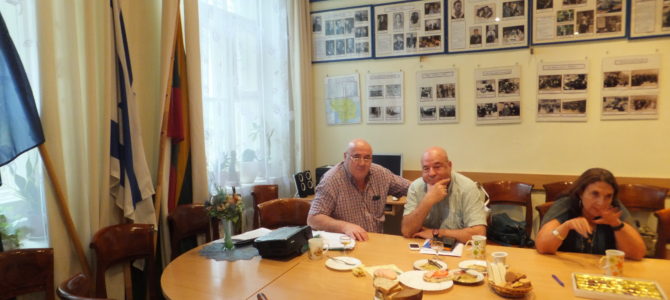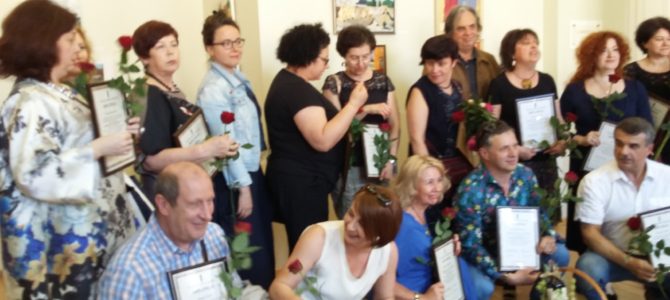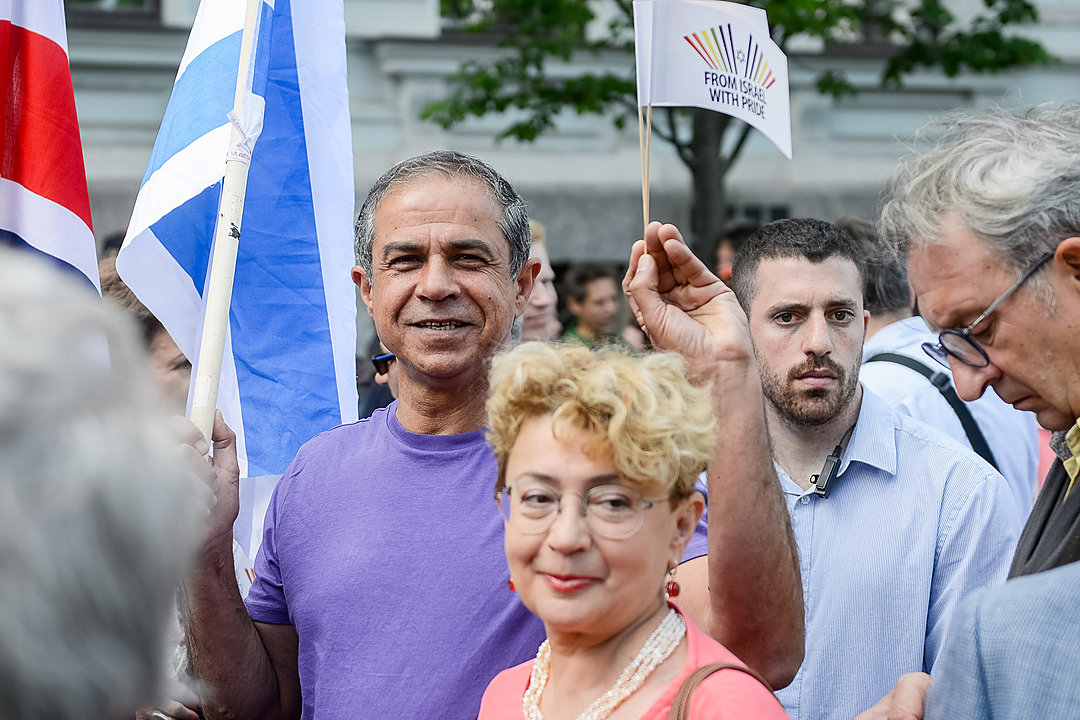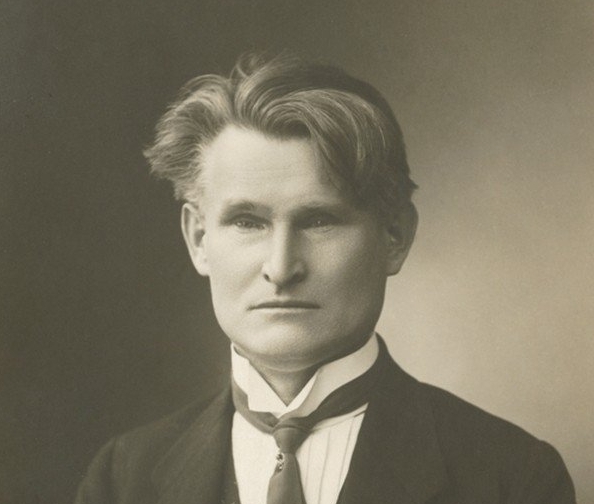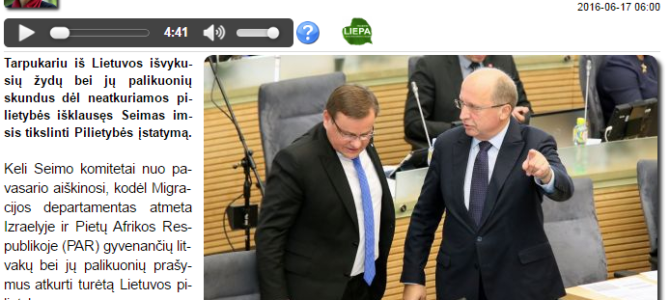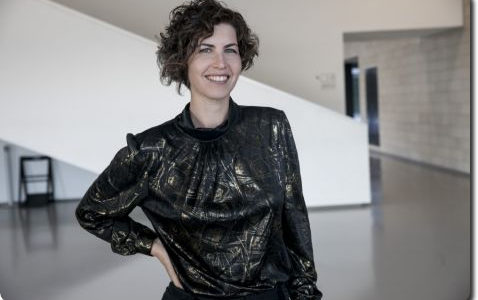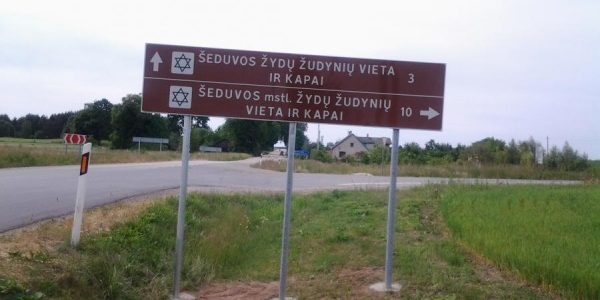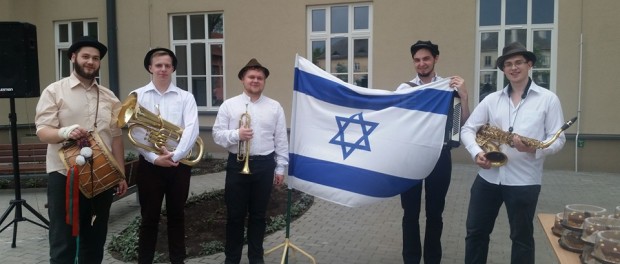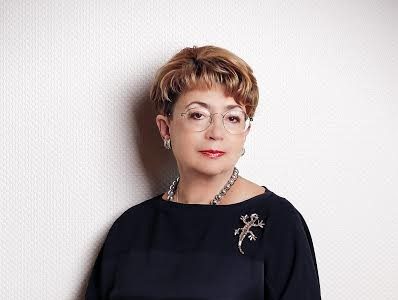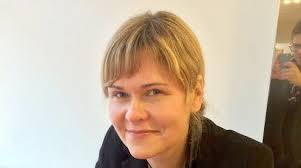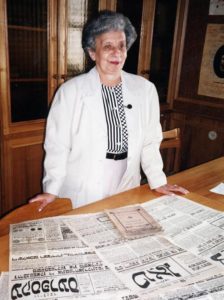
Fira Bramson-Alpernienė
December 18,1924-June 12, 2016
Estera Bramson-Alpernienė, whom everyone knew as Fira, has died. With her dies a bit of Litvak history. She belonged to a world of 20th century Jewish personalities, looming figures such as that of Shimon Dubnov, Max Weinreich and Tsemakh Shabad. She came from the famous Bramson family whose members have played a key role in Lithuanian Jewish and European Jewish life. The Bramsons were a center of gravity to Jewish intellectuals in Kaunas before the war. Fira was educated at the Sholem Aleichem Gymnasium with Yiddish as the language of instruction. For Fira family and school were holy, although her school life didn’t last long.
In 1941, before she could graduate from high school, the war forced her to bid a hasty farewell to family, to leave her only sister, to flee from the Nazi terror. Fira didn’t come back to Kaunas after the war because there was no one waiting for her there. Her entire family was at the Ninth Fort. She started a new life in Vilnius. In the late 1980s there was a movement in Vilnius to revive the Lithuanian Jewish Community. Fira was among the founders of that movement. Finally she could come back to her Yiddish roots and cultural hearth so important and crucial to her spiritual life. Some of her most important work since that time has been with Jewish books at the former Palace of Books, and with that collection now removed to the Lithuanian National Library. Her pride and joy became these surviving books, along with a small number of books from the private collections and libraries from before the war belonging to survivors of the Holocaust. Fira was one of the first conservators of this heritage and presented the legacy she protected to the Jewish community, but also to the wider audience in Lithuania and the world. She held exhibits and lectures, facilitated cooperation with academics and students and helped make use of this priceless inheritance. She wrote about what she achieved in her work of many years in the book “Prie judaikos lobių” [“Next to the Treasures of Judaica”].
Fira Bramson could be called the white knight of Yiddish culture. This woman, slight of build, fragile, driven and principled, fought for the protection and preservation of cultural treasures. Not only did she fight, she won. Even in difficult circumstances she never relented because she saw her life as a mission to safeguard that Yiddish culture so dear to her parents and ancestors, and to pass on memories of that culture to future generations. When she spoke at conferences and seminars, when she was part of educational programs in Lithuania, Europe and the USA, Fira would first speak not of herself, but about the founders of Yiddish culture. The grief of losing Fira Bramson is somewhat mitigated by the realization she lived a long, interesting and productive life and generously shared with others her love of Jewish culture. She was of keen intellect, a person with a warm heart whom, if you ever met her, you will never be able to forget. Let our vivid memory of her live on.
A wake will be held at the Nutrūkusi Styga funeral home Tuesday from 10:00 A.M. The coffin will be carried out at 3:45 P.M.
